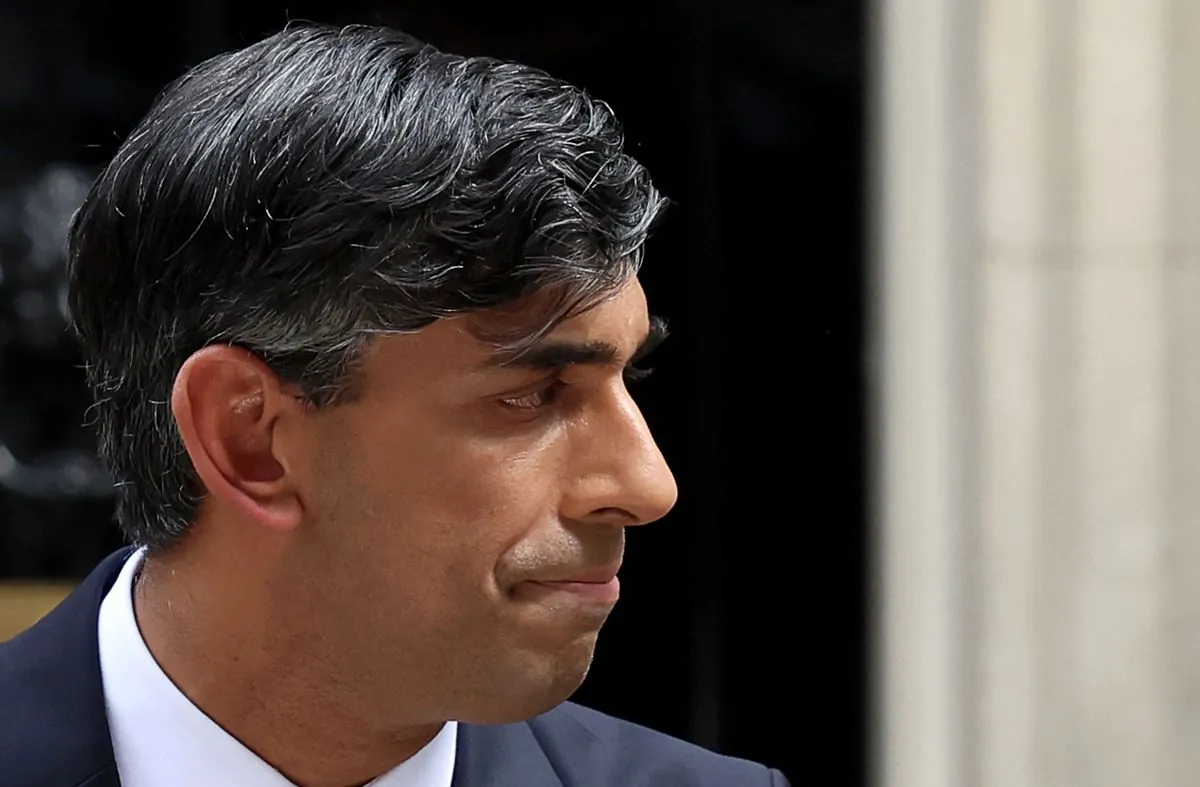UK Conservative Leadership Race: Tax Policy Takes Center Stage
As the Conservative leadership contest unfolds, candidates face scrutiny over their tax policy proposals. Experts call for detailed plans to address the UK's complex tax system and economic challenges.

The upcoming Conservative leadership contest in the United Kingdom is drawing attention to the critical issue of tax policy. As the country grapples with economic challenges, potential candidates are under pressure to present clear and effective tax strategies.
Kemi Badenoch has demonstrated a willingness to challenge prevailing views, opposing the extension of the windfall tax on oil and gas businesses. This stance suggests a potential for more comprehensive tax reform proposals.
James Cleverly has thus far relied on familiar Conservative economic rhetoric, but lacks specific policy details. To distinguish himself, he will need to articulate a more concrete vision for the UK's tax system.
Robert Jenrick has shown initiative by publishing a 10-point list of principles, though it lacks explicit mentions of taxes, savings, or pensions. However, he has expressed support for adjusting income tax thresholds to inflation, addressing the issue of bracket creep.

Priti Patel, who left the Home Office in 2022, has been a vocal advocate for lower taxes. Her consistent calls for tax cuts and opposition to international tax harmonization efforts highlight her commitment to a more competitive tax regime.
Mel Stride faces scrutiny over his past role as financial secretary to the Treasury, particularly regarding the introduction of the controversial "loan charge" affecting self-employed workers. His handling of this issue may require explanation as the leadership contest progresses.
Tom Tugendhat, having been on the backbenches until September 2022, has had the opportunity to vote against some of his party's tax increases. His advocacy for lower capital gains tax and reduced fuel duty suggests an understanding of the varied impacts of different tax policies.
The UK's tax system, one of the most complex in the world, presents significant challenges for any future leader. With a tax code that has grown substantially over the years, simplification and reform are key issues that candidates must address.
"1. Will you commit to not freezing tax thresholds and allowances as a means of increasing revenues? 2. What specific commitments can you make regarding inheritance tax reform? 3. How will you reform income tax to restore incentives and address anomalies? 4. What is your approach to corporation tax and investment-related taxes? 5. How will you support the self-employed and reverse policies that have negatively impacted them?"
As the contest unfolds, voters and analysts alike will be looking for candidates to move beyond platitudes and present detailed, practical plans for tax reform. The next Conservative leader will need to balance the party's traditional low-tax stance with the realities of the UK's current economic situation and the need for sustainable public finances.
With the UK's tax-to-GDP ratio reaching 33.3% in 2019, and recent changes such as the introduction of the Digital Services Tax in 2020, the incoming leader will face complex decisions about the future direction of the country's tax policy. The challenge will be to create a system that encourages economic growth, rewards work and investment, and provides necessary funding for public services.
As the October 30, 2024 Labour Budget announcement approaches, the pressure is on for Conservative leadership candidates to present a compelling alternative vision for the UK's economic future.


































